Recent cold snap.
allen456
10 years ago
Related Stories
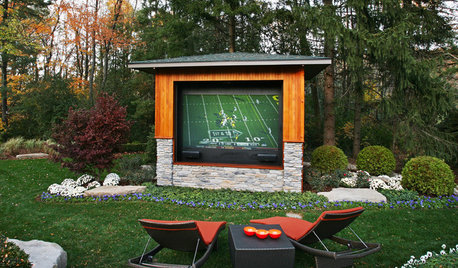
GARDENING AND LANDSCAPINGDouble Take: This Outdoor Screen Makes Game Day a Snap
A Michigan family goes long and wide on their backyard party central with a supersize screen, fire pits and lounging for a crowd
Full Story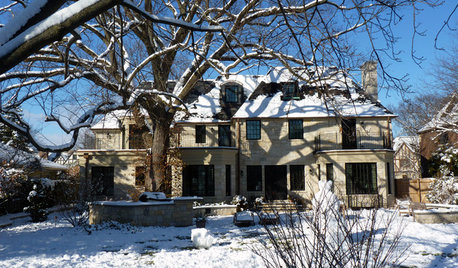
LIFEHouzz Call: How Are You Handling the Record-Breaking Cold?
Share your tales, strategies and photos for everything polar vortex
Full Story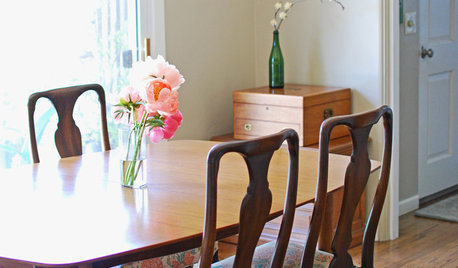
HOW TO PHOTOGRAPH YOUR HOUSETake Better Photographs of Your House in a Snap
Let your home show its true colors with these tips for photographing with the right camera settings, lighting and more
Full Story
NURSERY IDEASRoom of the Day: An Ombré Nursery Inspired by a Cold-Weather ‘Babymoon’
A designer with a background in art paints a scene that her baby boy can grow up with
Full Story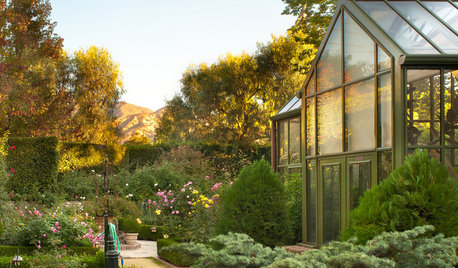
GREENHOUSESGreenhouses Bring Gardens in From the Cold
Get a jump start on summer plantings even if spring chills linger with a greenhouse or cold frames in your backyard
Full Story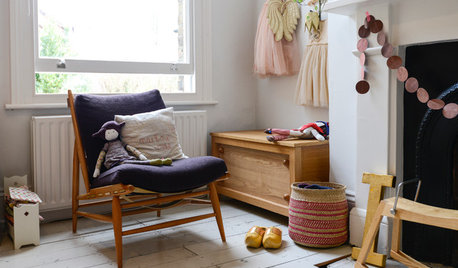
FEEL-GOOD HOMESimple Pleasures: Get Cozy on a Cold Day
Some things are best when the weather is bad. Heat up some cocoa and join the discussion
Full Story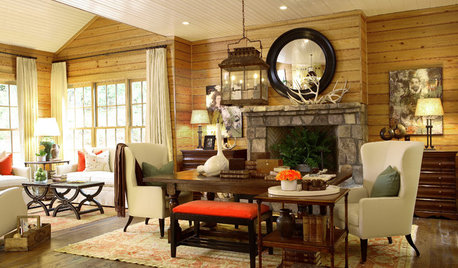
DECORATING GUIDESRooms We Love: A Mountain Retreat Made for Cold Winter Nights
Ample linen and Ushak carpets put a contemporary twist on cozy Appalachian style in a North Carolina show house
Full Story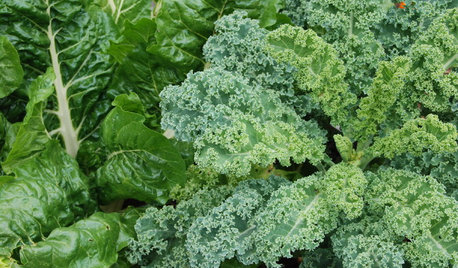
FALL GARDENINGFrost-Hardy Foliage That Loves a Cold-Climate Garden
When winter cuts a bleak swath through other plants, these edibles and perennials flourish brilliantly
Full Story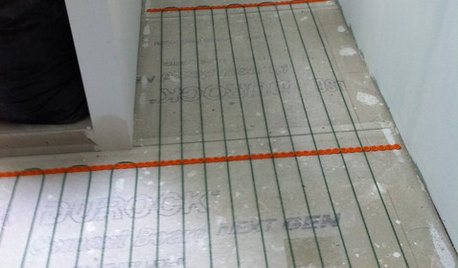
BATHROOM DESIGNWarm Up Your Bathroom With Heated Floors
If your bathroom floor is leaving you cold, try warming up to an electric heating system
Full Story
ROOM OF THE DAYRoom of the Day: Miami Beach Style for a Virginia Teen Hangout
Don’t let the glam look fool you — this spare room for high schoolers and their friends can be cleaned and neatened in a snap
Full Story






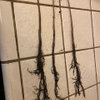
ken_adrian Adrian MI cold Z5
ginkgonut
Related Professionals
Londonderry Landscape Architects & Landscape Designers · Springfield Landscape Contractors · Wakefield Landscape Contractors · Berkley Landscape Contractors · Englewood Landscape Contractors · Lake Worth Landscape Contractors · Pleasant Prairie Landscape Contractors · Severna Park Landscape Contractors · Smyrna Landscape Contractors · Colorado Springs Siding & Exteriors · Paramus Siding & Exteriors · Sacramento Siding & Exteriors · Boone Decks, Patios & Outdoor Enclosures · Reisterstown Decks, Patios & Outdoor Enclosures · Roanoke Decks, Patios & Outdoor EnclosuresToronado3800 Zone 6 St Louis
whaas_5a
bostedo: 8a tx-bp-dfw
bengz6westmd
ken_adrian Adrian MI cold Z5
whaas_5a
famartin
whaas_5a
poaky1
poaky1
j0nd03
hairmetal4ever